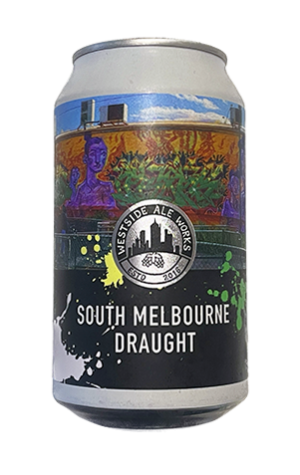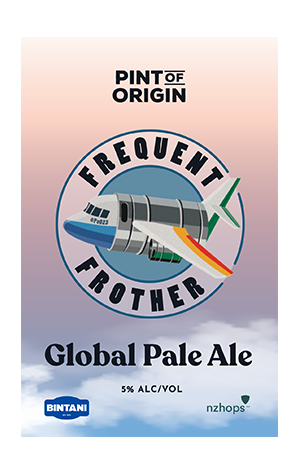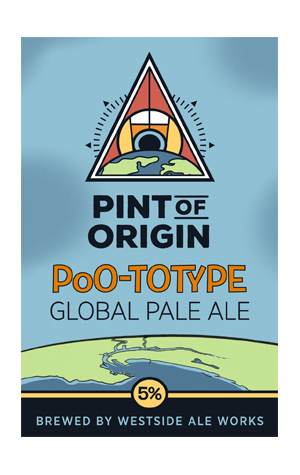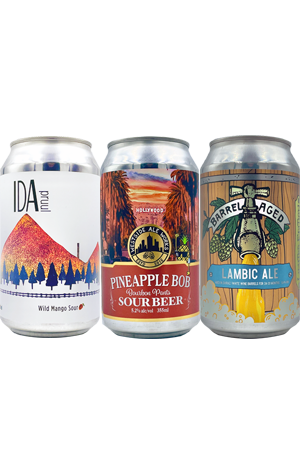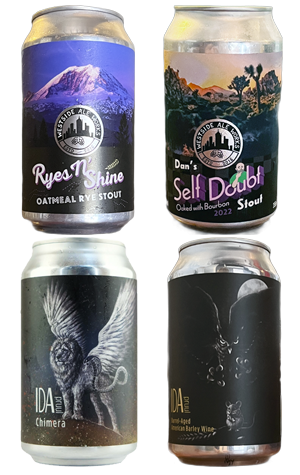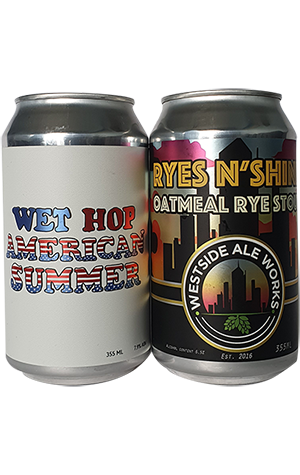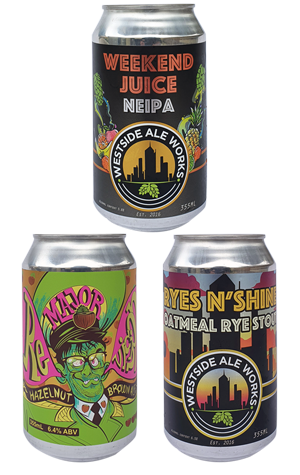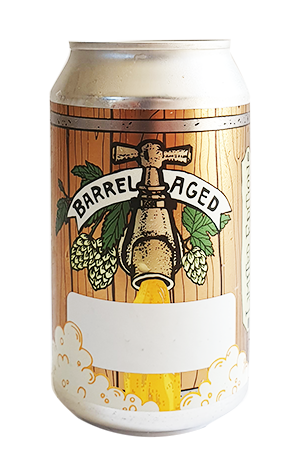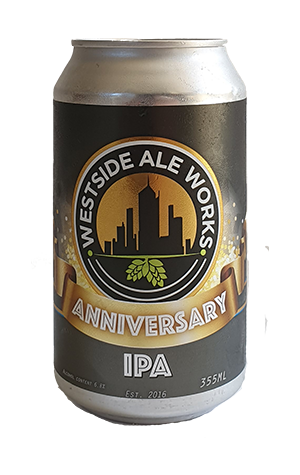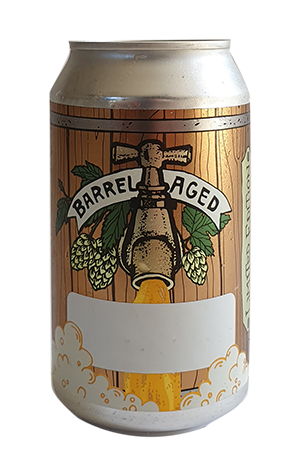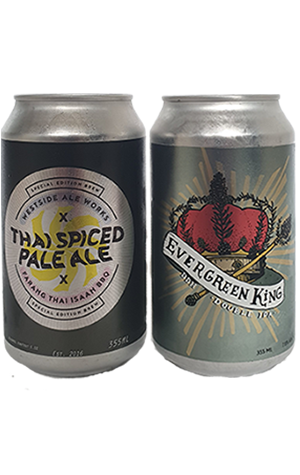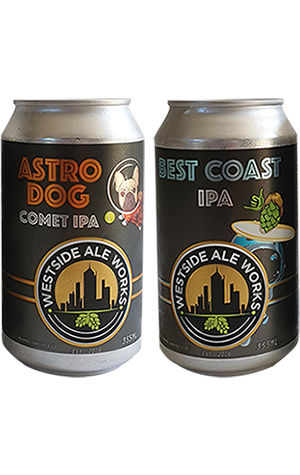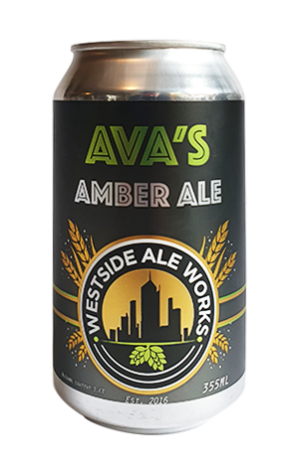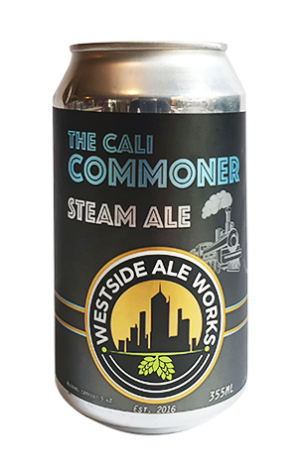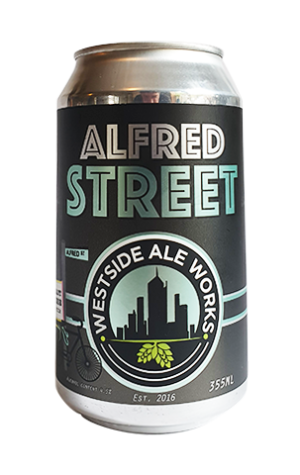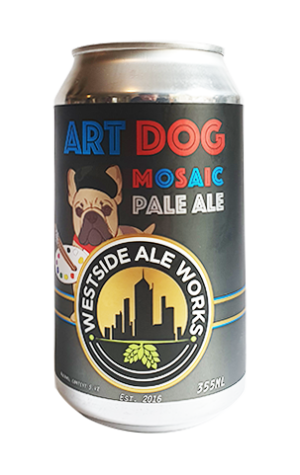The world of non-alcoholic beer has come a long way in a short time. And, while the majority of local offerings remain of the pale lager / pale ale / XPA ilk, you can find others: fruited sours and IPAs, for example, even the odd stout. You wouldn't say there was anything too out there, however. At least until this arrived.
If you're not aware of Ida Pruul – the joint venture between Westside Ale Works founder Casey Wagner and his brewer Ben Sewell – but you are into wild ales and barrel-aged offerings, then you've some catching up to do. You could start with a feature we wrote on Ben a while back, or get your hands on some of their beers: the Mango Wild Ale is a great opener for something at the funky refresher end of what they do; their barrel-aged imperial stouts and barleywines never disappoint if you're after something weightier.
And now they've released their first non-alc. It's arrived after quite the lengthy process too, starting out as their barrel-aged wild golden ale, before they "gently removed the alcohol", then added fresh Aussie kumquats and mountain pepperberries. And, boy, haven't they just ended up with quite the boundary-pusher...
It has the dense, aged look of a funky Belgian, while giving off aromas of souring old malt and plenty of sticky sweet, rich cider-esque characters. Add in something spicy and plum-like – not to mention a farmhousey acidic prickle that lingers – and you've got as unusual and spiky a non-alc as you could envisage. If you’ve got a cellar full of vintage barleywine, stouts and quads then this is the non-alc for you.
FYI if you're after something a little more straightforward, Westside canned two Oktoberfest beers this spring too. Oktoberfest is inspired by the altbiers of Düsseldorf: a malt-driven offering with a ruddy brown colour that’s like a leaner, drier version of an English nut brown ale. There's a nuttiness, some chocolate, and a fair bit of dark treacle but without the stickiness that suggests thanks to its drying, dusty bitterness.
Rye Not Kölsch lives up to its name, with the use of rye and US hops alongside more traditional kolsch ingredients giving you a beer with a darker colour and a spiciness on the nose than is usual for the style, plus a sweetness reminiscent of a hearty cereal-based brekkie alongside its fruity esters.
James Smith
Published October 24, 2023 2023-10-24 00:00:00









